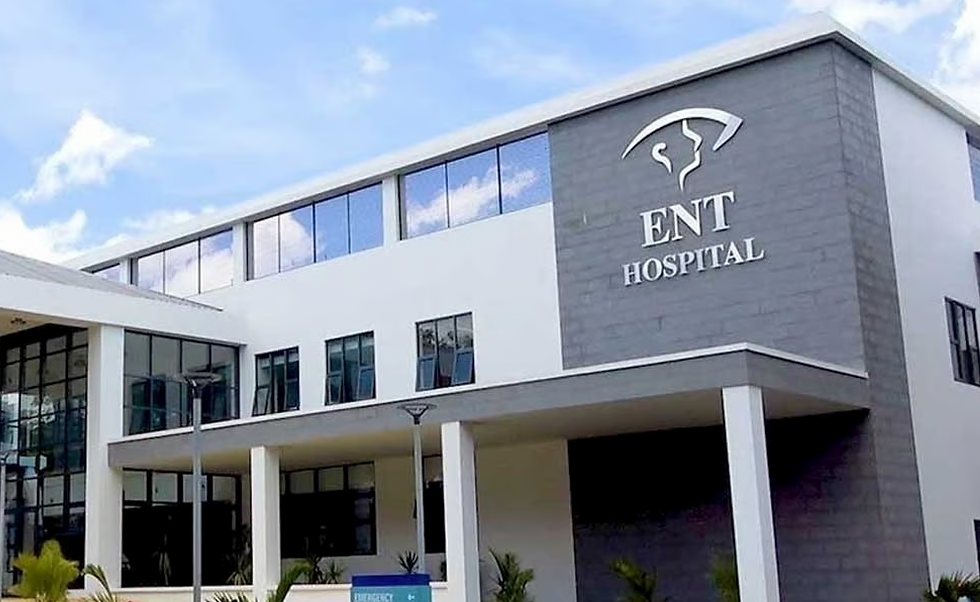Mauritius is a parliamentary democracy which closely adheres to principles of transparency and accountability in its political processes. The country holds regular free and fair elections, and power transitions smoothly between governments. This stability is a cornerstone of its successful governance model.
Political Governance


Caudan Waterfront, Port Louis, Mauritius
Governance in Mauritius is multi-faceted and incorporates several principles that guide its political, economic, and social landscapes. Below, we will detail how Mauritius approaches each of the eight main aspects of governance: benefits or features. Encourage site visitors to learn more by exploring the full list of services offered.
Governance
Mauritius boasts an efficient public service sector that facilitates the implementation of government policies and delivers services to its citizens effectively. The civil service is characterized by meritocratic hiring practices and continuous training programs, ensuring a capable and responsive administrative body.
Administrative Governance


The Mauritian economy is diversified, with strong sectors in textiles, sugar, tourism, and financial services. The government promotes economic growth through policies that encourage foreign investment and reduce bureaucratic hurdles. Sound fiscal management, including effective tax collection and budget allocation, supports sustainable development.
Economic Governance
The Mauritian legal system blends elements of French civil law and British common law, maintaining an independent judiciary that upholds the rule of law. Legal frameworks are robust, with strict regulations against corruption and mechanisms that allow citizens to challenge injustices and hold officials accountable.
Legal Governance


Ebene City, Mauritius
In Mauritius, corporate governance standards are high, reflecting global best practices. This includes regulations that ensure transparency, accountability, and fair trading within both the public and private sectors. The Financial Reporting Council (FRC) oversees corporate practices to maintain these standards.
Corporate Governance
Mauritius provides comprehensive welfare programs, including universal healthcare and public education, to improve the quality of life for its citizens. Social inclusion policies help bridge inequalities in society, focusing on the integration of all demographic groups into the social and economic fabric of the country.
Social Governance


Environmental preservation is a priority for Mauritius, an island nation with unique biodiversity. The government implements strict environmental protections, regulates waste management, and promotes sustainable practices. Efforts to combat climate change and protect marine and terrestrial habitats are also significant.
Environmental Governance

The Mauritian government promotes open access to information and has laws in place to protect data privacy and security. Transparency initiatives, such as the publication of government budgets and decisions, are designed to maintain public trust and encourage civic participation.